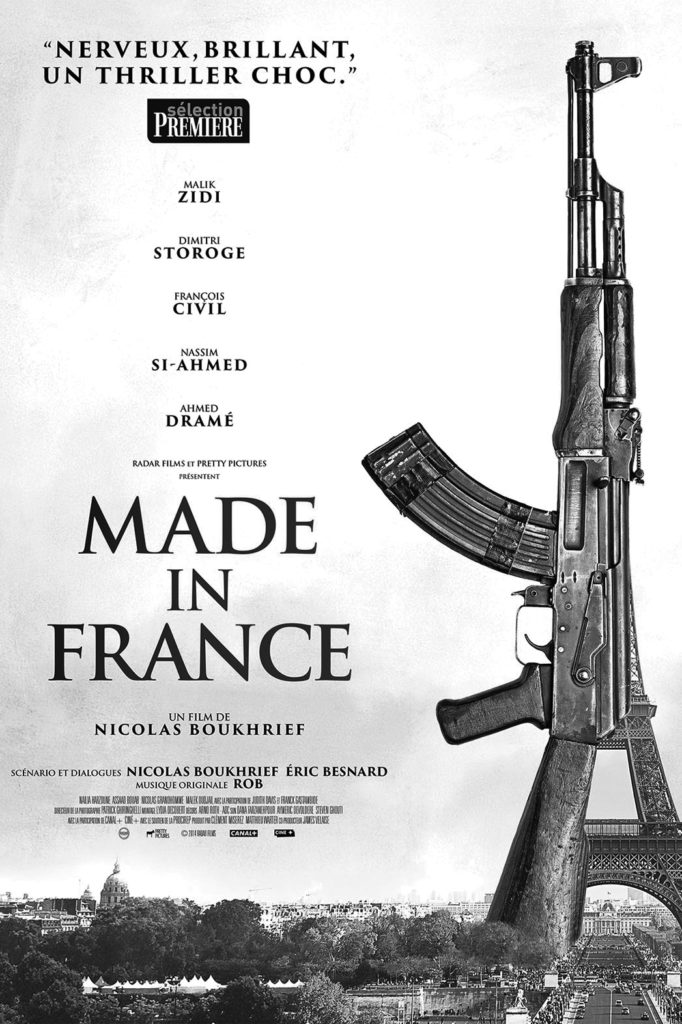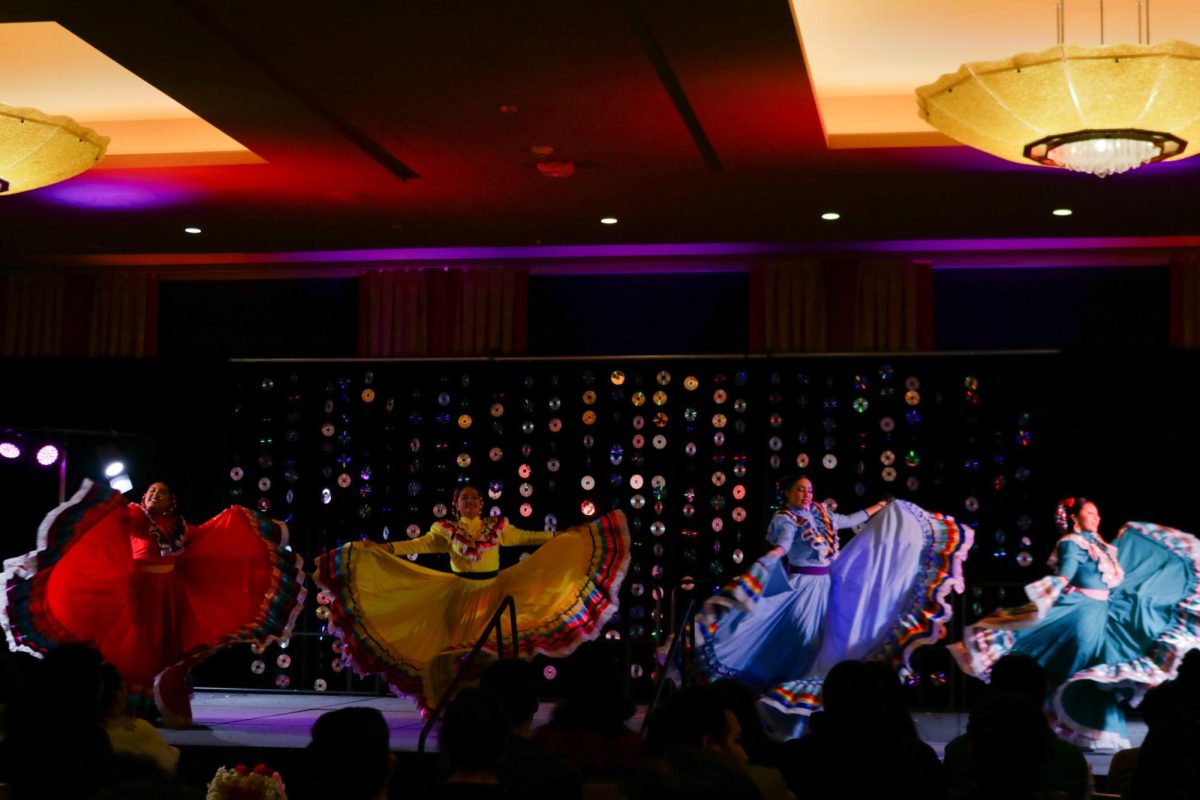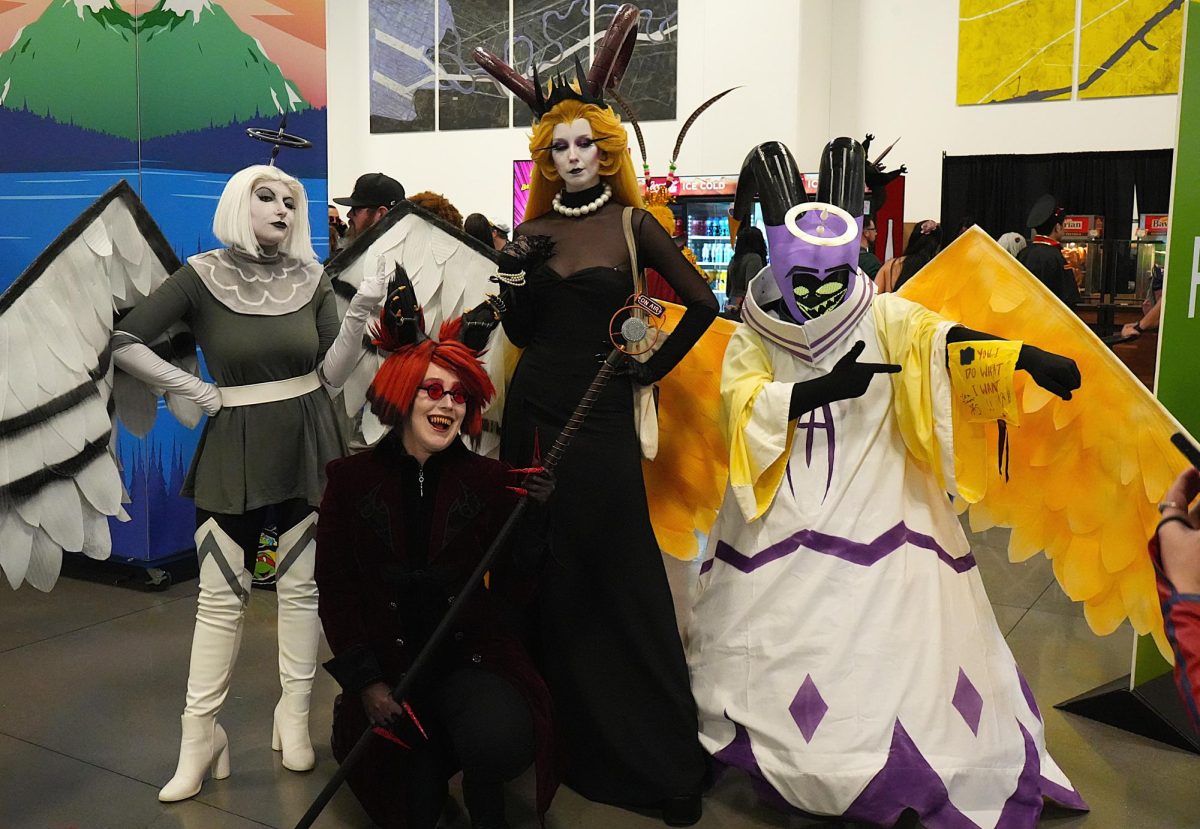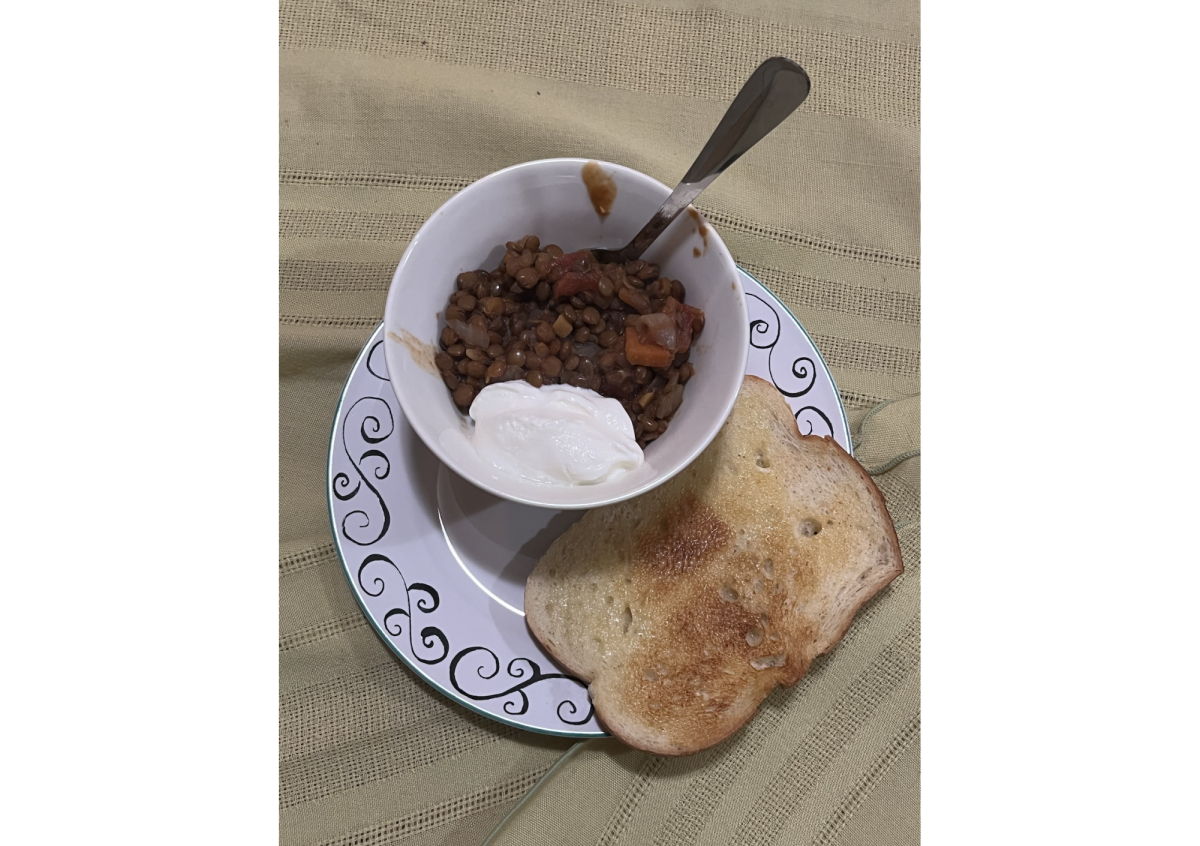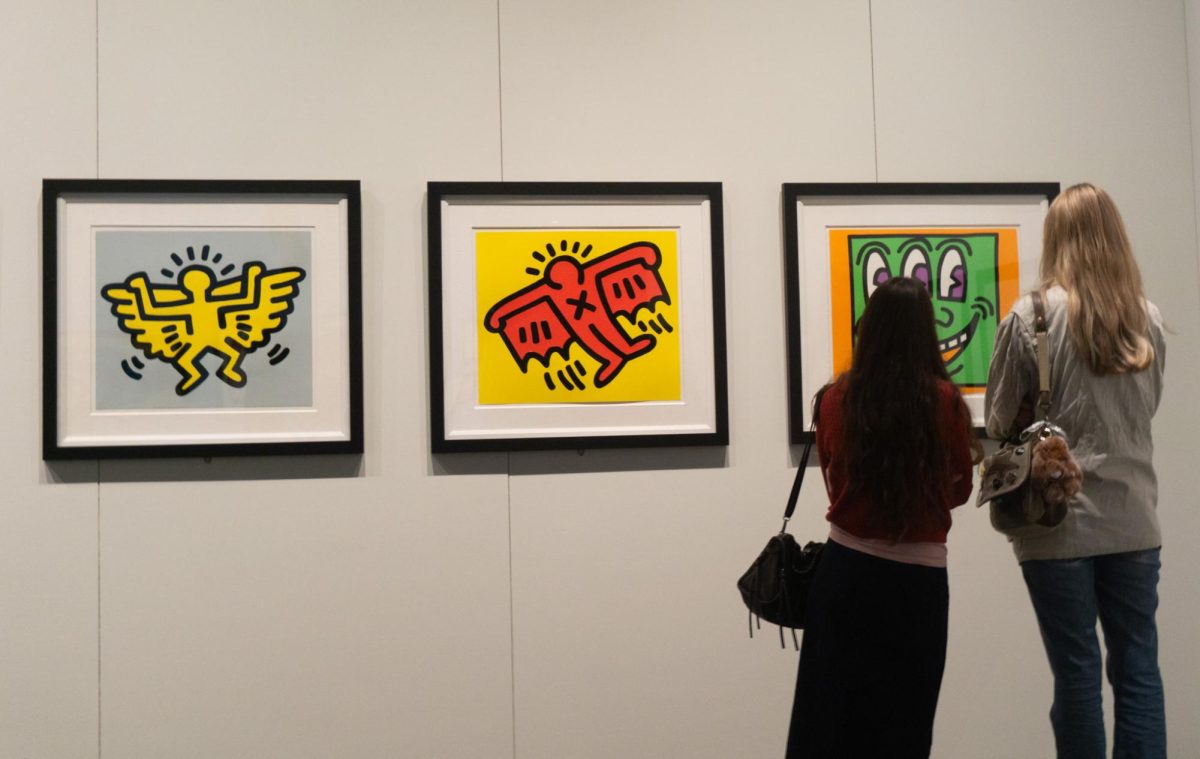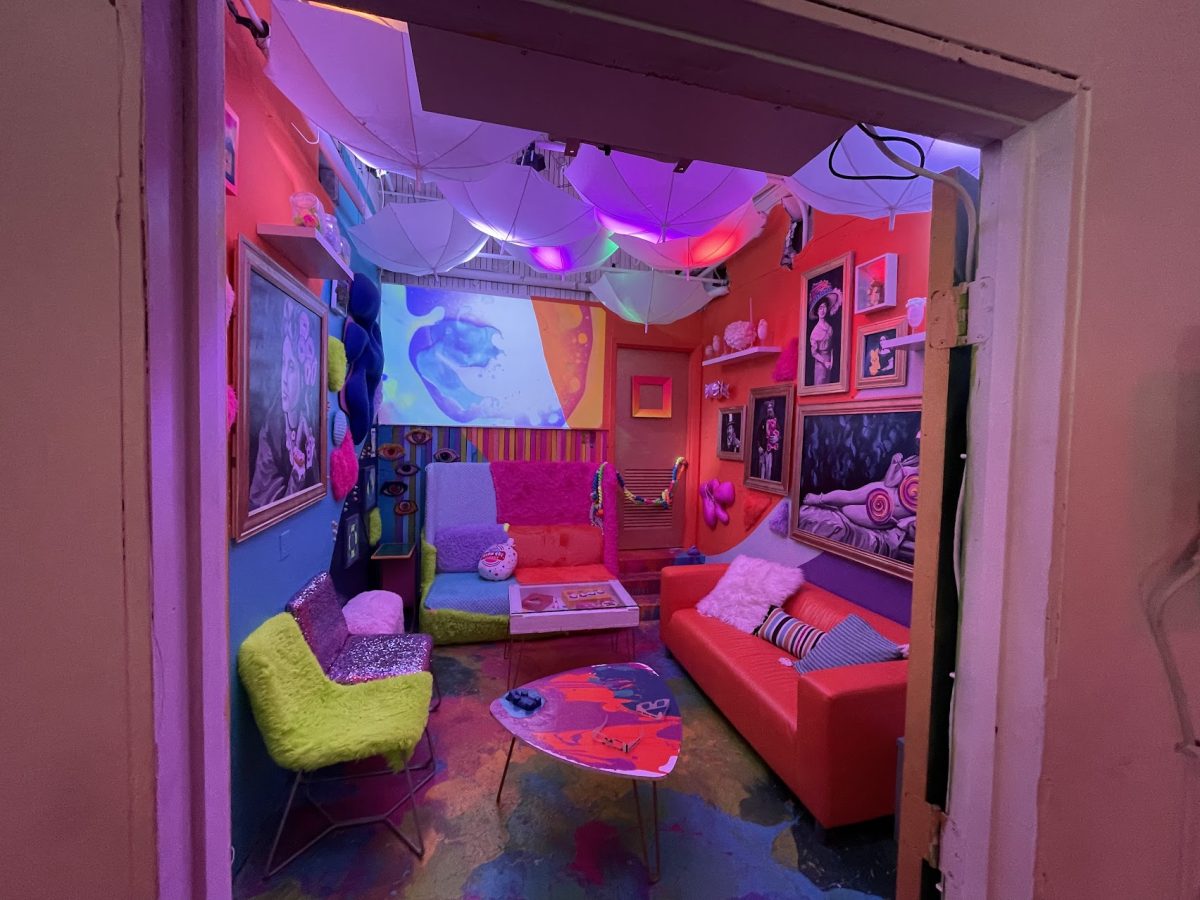As the world grapples with the aftershock and fear of terrorist attacks on numerous cities, director Nicolas Boukhrief shines light on young extremists who join the forces of a jihadist group in the French film “Made in France”. Boukhrief dares to encompass an incredibly complex and sensitive subject into 89 minutes of suspenseful cinema, and the result is both disturbing and insightful.
The film follows an undercover journalist named Sam, played by Malik Zidi, as he dives deep into his role in an extremist Islamic group. Sam befriends three insecure young men from France who are set on joining “the Holy War”—a war waged by jihadist groups on the West. The journalist’s job becomes more complex when the leader of the group, Hassan, played by Dimitri Storoge, returns to France from the Middle East and plans an attack in Paris. The film follows an incredibly powerful storyline, intermixing the ultimately human feelings these young men harbor to reach a conclusion meant to share the values of true faith.
The backbone of this film lies in the character development. Boukhrief focuses on the intricacy of each character, spending time on their development in order to help the audience understand, to a certain degree, the reasons behind their extreme actions. Christophe, played by François Civil, is a young Frenchman born into a wealthy Catholic family. He chooses to join the group out of the anger he holds for his upbringing, and seems to use extremism as an outlet for this anguish. His movement toward Islam and toward a new name—Youseff—is the direct result of his tragic humanity. All of the men are French, and some of them do not even speak Arabic and therefore cannot read the Quran. This film would not have the same impact without this crucial character development, and the time Boukhrief takes to tell each character’s story is important to the ultimate portrayal of this extremist group.
The film also focuses on the character’s setbacks as they move toward action. One member tells Hassan, “we’re not barbarians, we’re soldiers,” as they hesitate to agree to perform acts of terrorism in France. These jihadists see themselves as messengers of God, and the film does a great job of making them relatable characters that truly struggle with the reality of what they feel they are obligated to do.
The theme of true faith is a staple in the film. Zidi does a wonderful job portraying his character Sam as someone who is true to his faith as a Muslim, whereas the others in the group are not being true to the values of Islam. The jihadists instead use the religion as a scapegoat for their own twisted vengeance.
The moral of the film is that the actions these groups take, like al- Qaeda and Islamic State, are not truly what the Islamic religion stands for. As Sam says, “Vengeance has nothing to do with Islam”. In a slightly cheesy— yet effective—twist, Sam’s Quran saves him from the bullet that was meant to take his life. The few minutes of this scene really encompassed the meaning of the film, that Sam is a true soldier of Islam,fighting against those harming innocent individuals.
The past few years have seen attacks on numerous cities around the world from the terrorist group Islamic State who, like Al-Qaeda, is an incredibly dangerous jihadist group. Nicolas Boukhrief set himself up for a difficult task when he decided to take on the heavy topic of this film. With the current sensitivity on the subject, Boukhrief would have to make a film that showed an angle not often explored by the press—the humanity behind those who commit these terrible acts of violence.
The film is incredibly dark and the enormity of the situations that Sam is thrown into astounds the viewer and makes the film especially suspenseful. The acting is satisfactory, the plot is clever, and the character development is crucial in making the film more engaging. The unique idea for the film and the spin that Boukhrief puts on this gloomy situation is the most extraordinary aspect of the film.
Tess may be reached at
towen@su-spectator.com


